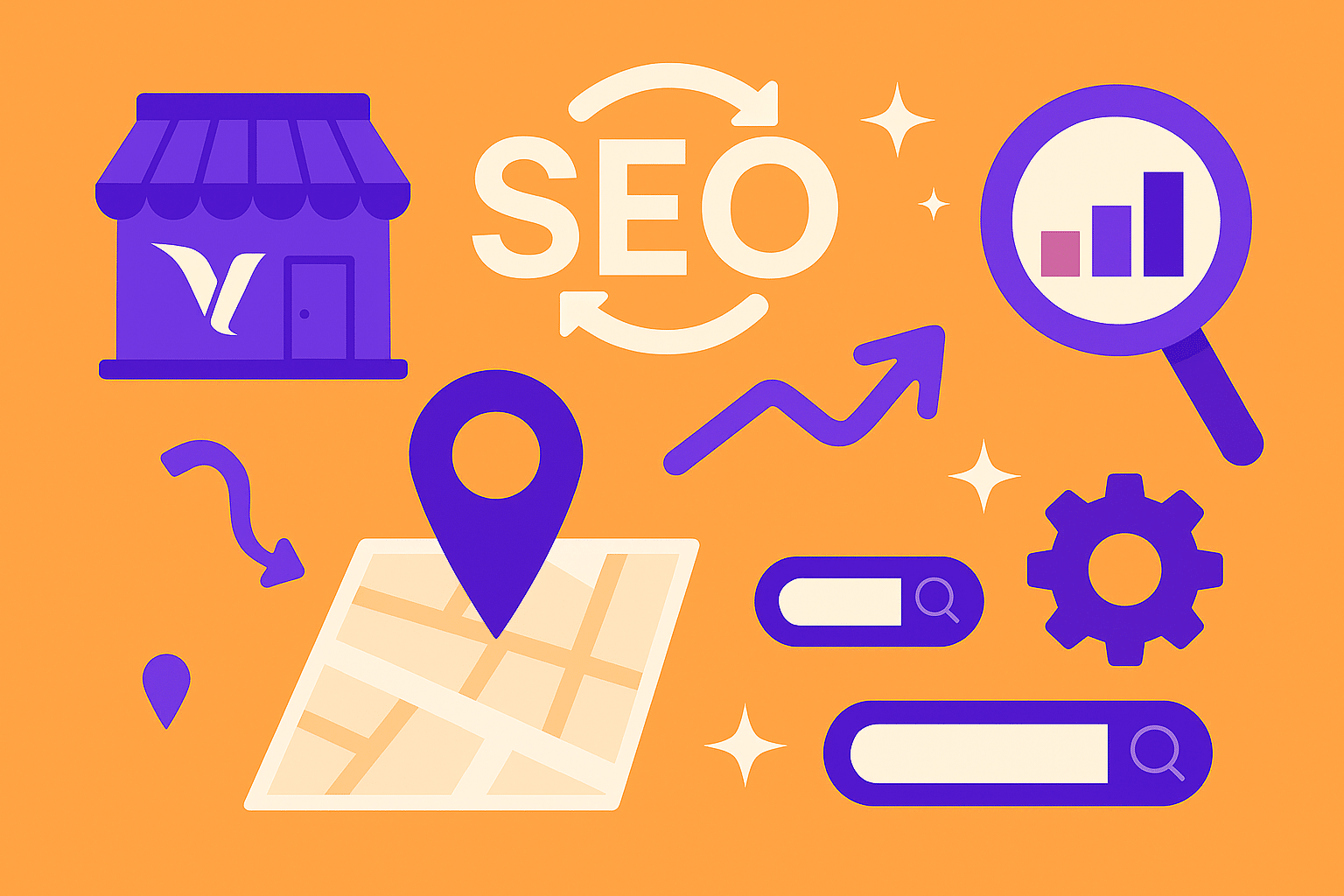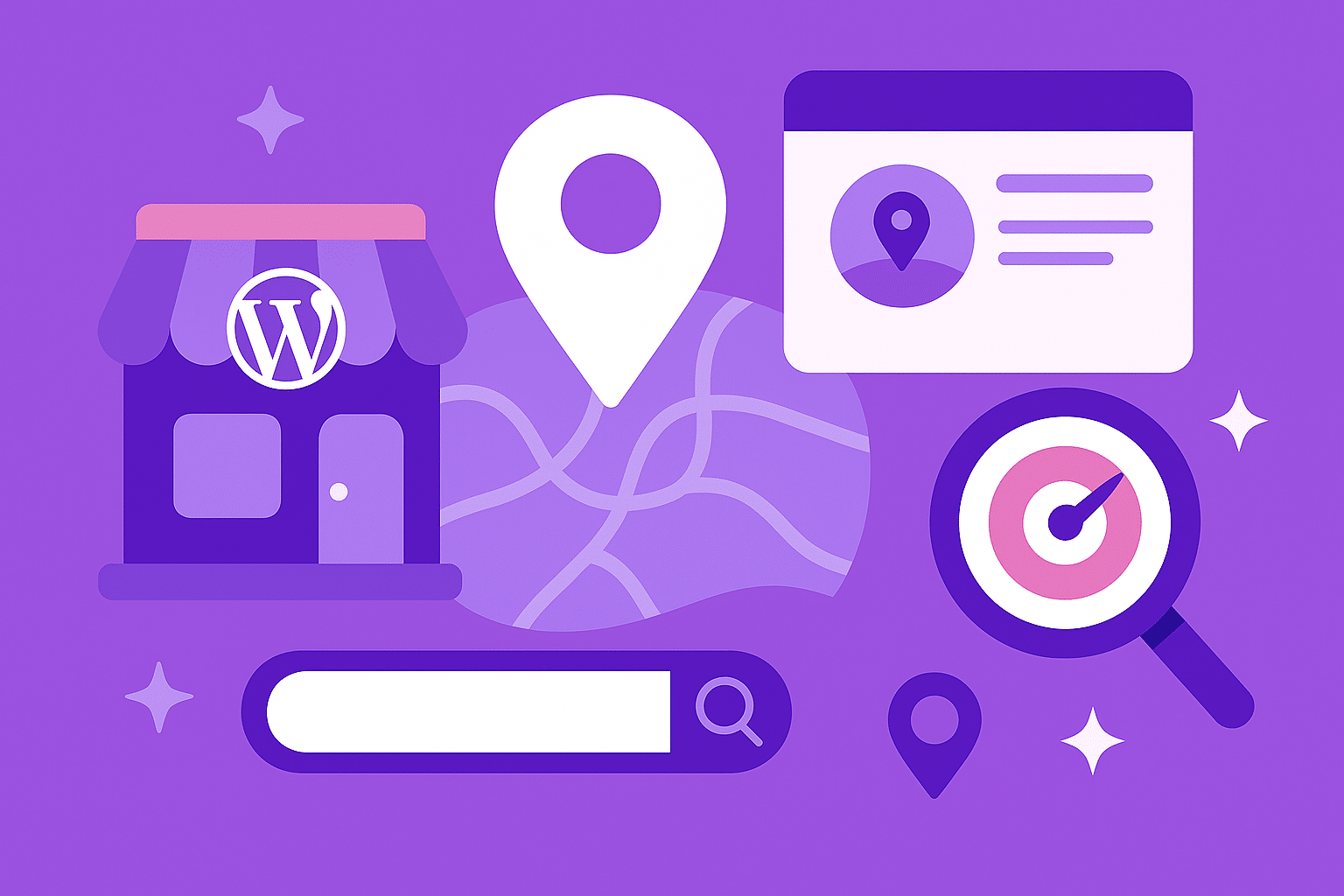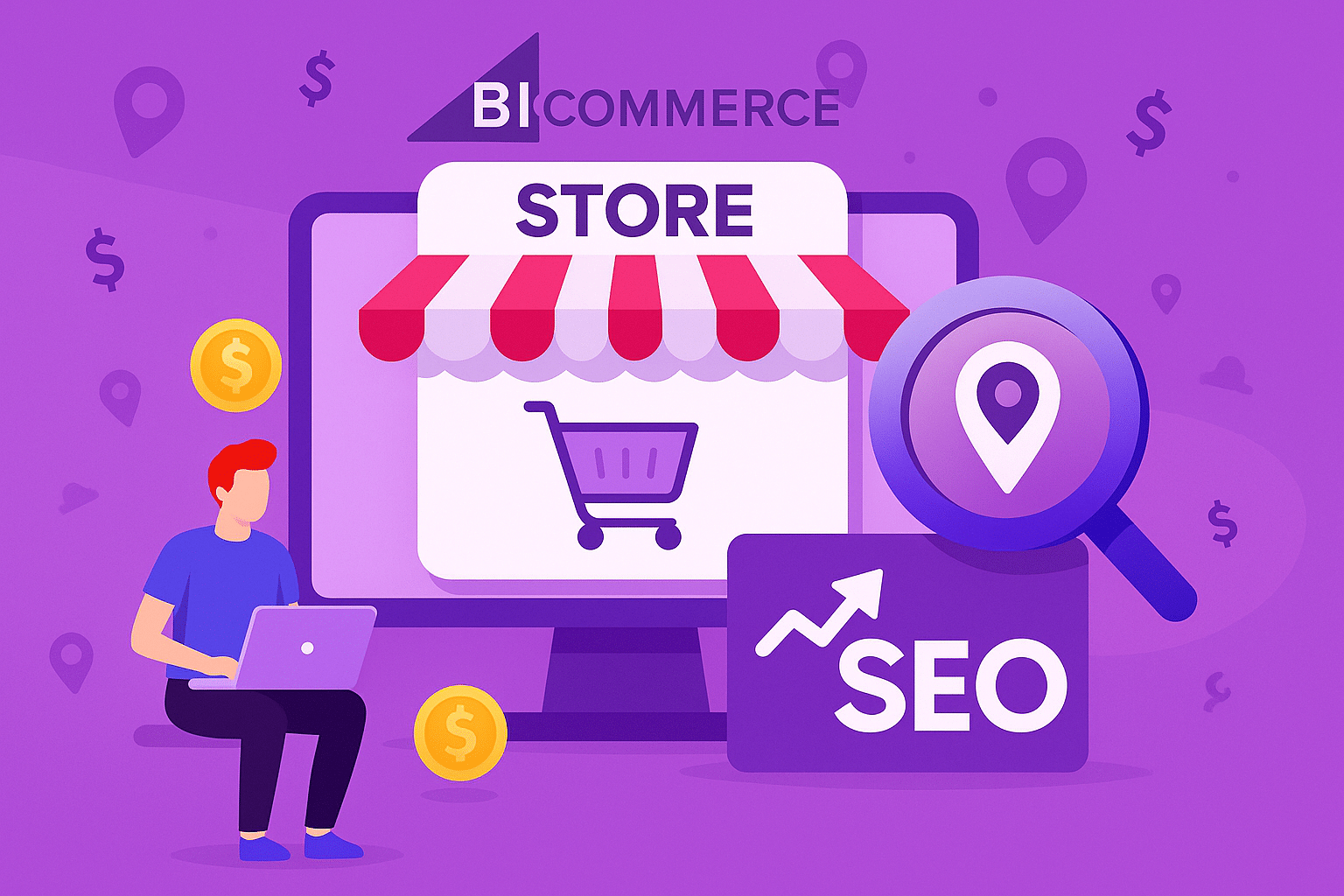Google Gemini represents a major step forward in Google’s AI, powering everything from AI Overviews in search results to conversational assistance across the wider Google ecosystem. Unlike standalone AI tools, Gemini is tied directly into Google’s index, Knowledge Graph, and ranking systems, which means classic fundamentals still matter. Clear information architecture, fast pages, and strong E-E-A-T signals continue to influence which sources get cited and summarized. Gemini also prioritizes content that is precise, current, and verifiable, so visible dates, named authors, and links to primary sources help models trust your pages.
Success with Gemini requires layering new tactics on top of core SEO. Write question-forward sections that answer common user intents in the first few sentences, then expand with details. Use structured data such as Article, FAQPage, Product, and Organization to clarify entities and relationships. Keep terminology consistent across your site and profiles so the model can resolve your brand and products cleanly. Maintain fresh facts, add comparison tables or checklists that are easy to extract, and measure impact by tracking queries that trigger AI Overviews alongside traditional rankings and clicks.
- Integrated across Google Search, Gmail, Docs, and Android
- Uses Google’s core ranking systems including RankBrain and BERT
- Powers AI Overviews reaching 1+ billion queries monthly
- Conversational queries increased 250% year-over-year
- Mobile voice search queries now 40% conversational format
1Strengthen Core SEO Foundation
Gemini relies heavily on Google’s established ranking systems, making traditional SEO optimization the foundation of Gemini visibility. Websites with strong SEO performance consistently appear more frequently in Gemini responses and AI Overviews.
Critical SEO elements for Gemini optimization:
- Core Web Vitals: Page speed, visual stability, and interactivity metrics
- Mobile Optimization: Responsive design and mobile-first indexing compliance
- HTTPS Security: SSL certificates and secure browsing protocols
- Crawlability: Clear site structure and XML sitemaps
- Content Quality: Comprehensive, authoritative, and helpful content
SEO Foundation Tools:
- Google Search Console: Monitor search performance and technical issues
- Google PageSpeed Insights: Analyze and improve Core Web Vitals
- Screaming Frog SEO Spider: Comprehensive technical SEO auditing
- Semrush Site Audit: Identify and prioritize optimization opportunities
- Google’s Mobile-Friendly Test: Ensure mobile optimization compliance
2Optimize for Conversational Search Queries
Gemini excels at understanding natural language queries that mirror human conversation. Instead of keyword-focused Google searches, users ask complete questions with context and intent. This shift requires rethinking keyword research and content creation strategies.
| Traditional Search | Gemini Conversational Search | Content Strategy |
|---|---|---|
| “best restaurants NYC” | “What are the best restaurants in NYC for a romantic dinner under $100?” | Create specific price-point and occasion-based content |
| “digital marketing tools” | “What digital marketing tools work best for small businesses with limited budgets?” | Segment tools by business size and budget constraints |
| “home workout” | “What’s an effective 30-minute home workout routine for beginners without equipment?” | Include time constraints and skill level specifications |
Conversational keyword research strategies:
- Question Modifiers: Add “what,” “how,” “why,” “when,” “where” to core topics
- Context Layers: Include audience, budget, time, and situation modifiers
- Intent Variations: Address different stages of the customer journey
- Natural Language: Use phrases people actually speak, not just type
Conversational Keyword Research Tools:
- AnswerThePublic: Discover question-based search queries
- AlsoAsked.com: Extract related questions from “People Also Ask” boxes
- Google Gemini: Ask follow-up questions to understand conversation patterns
- SEMrush Question Database: Find question-based keywords with search volume
- Ubersuggest Questions: Generate question keywords for topics
3Create Scannable, AI-Friendly Content Structure
Gemini processes content more effectively when information is well-organized and easy to parse. Content structure directly impacts your chances of being featured in AI responses and featured snippets.
AI-optimized content formatting:
- Descriptive Headings: Use H2, H3 tags that clearly indicate content sections
- Bulleted Lists: Break complex information into digestible points
- Comparison Tables: Organize data for easy analysis and extraction
- FAQ Sections: Direct question-and-answer formats
- Short Paragraphs: Keep paragraphs under 3 sentences when possible
- Bold Key Points: Highlight important information for quick scanning
H2: “Best Summer Vacation Destinations for Families”
• Orlando, Florida – Theme parks and family attractions
• San Diego, California – Beaches, zoo, and mild weather
• Washington, D.C. – Educational museums and monuments
Quick Comparison Table:
Destination | Best Ages | Average Cost | Peak Season
Content Structure Tools:
- Hemingway Editor: Improve readability and sentence structure
- Grammarly: Enhance writing clarity and engagement
- WebFX Readability Test: Analyze content readability scores
- Yoast SEO: WordPress plugin with readability analysis
- Surfer SEO: Content optimization with structure recommendations
4Demonstrate Expertise and Authority (E-E-A-T)
Google Gemini prioritizes content that demonstrates Experience, Expertise, Authoritativeness, and Trustworthiness. Strong E-E-A-T signals increase your chances of being cited as a reliable source in AI responses.
Building E-E-A-T for Gemini visibility:
- Author Credentials: Detailed author bios with relevant qualifications and experience
- First-Hand Experience: Share personal insights, case studies, and real examples
- Data and Research: Include statistics, studies, and credible sources
- Industry Recognition: Display certifications, awards, and professional achievements
- Contact Information: Clear business details and physical addresses
- Review and Testimonials: Customer feedback and social proof
“As a certified travel agent with 15 years of experience planning family vacations, I’ve personally visited over 50 family-friendly destinations. Based on client feedback from 200+ family trips, here are the top destinations that consistently receive 5-star reviews from parents…”
E-E-A-T Building Tools:
- Google Scholar: Find and cite authoritative research sources
- LinkedIn Company Pages: Showcase team expertise and credentials
- Trust Badges and Certifications: Display industry credentials
- Customer Review Platforms: Collect and display testimonials
- About Us Page Optimization: Detailed company and team information
5Keep Content Fresh and Updated
Gemini favors current information and frequently updated content. Regular content refreshes signal to Google that your information remains relevant and accurate, increasing citation opportunities in AI responses.
Content freshness strategies:
- Regular Audits: Review and update content every 3-6 months
- Data Updates: Refresh statistics, prices, and numerical information
- New Developments: Add recent industry changes and trends
- Seasonal Relevance: Update time-sensitive information and recommendations
- User Feedback: Incorporate new questions and concerns from audiences
Content Refresh Tools:
- Google Analytics: Identify high-traffic pages needing updates
- ContentKing: Monitor content changes and freshness scores
- Semrush Content Audit: Find outdated content opportunities
- Google Trends: Track trending topics in your industry
- Mention.com: Monitor industry conversations and emerging topics
6Implement Strategic Schema Markup
Schema markup helps Gemini understand your content context and structure, increasing the likelihood of accurate citations and featured snippet appearances. Structured data provides clear signals about your content’s meaning and relationships.
Priority schema types for Gemini optimization:
- Article Schema: News articles, blog posts, and guides
- FAQ Schema: Question and answer sections
- How-To Schema: Step-by-step instructions and tutorials
- Recipe Schema: Cooking instructions with ingredients and timing
- LocalBusiness Schema: Business information and location details
- Product Schema: Product specifications, reviews, and pricing
- Review Schema: Customer reviews and ratings
Schema Implementation Tools:
- Google’s Structured Data Markup Helper: Generate schema markup code
- Schema.org: Official structured data vocabulary reference
- Google Rich Results Test: Validate structured data implementation
- JSON-LD Schema Generator: Create structured data markup
- Merkle Schema Markup Generator: Multiple schema type generators
7Build Comprehensive Citation Profile
Gemini considers your overall online presence and authority when determining citation worthiness. A strong citation profile across multiple platforms increases your chances of being referenced in AI responses.
Citation building strategies:
- Local Listings: Google Business Profile, Bing Places, Apple Maps
- Industry Directories: Relevant professional and trade organization listings
- Review Platforms: Yelp, TripAdvisor, G2, Trustpilot depending on your business
- Social Media Presence: Complete profiles on major platforms
- Media Mentions: Press releases, expert quotes, and industry publications
- Backlink Profile: Quality links from authoritative sources
Citation Building Tools:
- Yext: Manage listings across multiple platforms
- BrightLocal: Local citation building and management
- HARO (Help a Reporter Out): Media mention opportunities
- Ahrefs or Majestic: Backlink analysis and opportunities
- Mention.com: Monitor brand mentions and unlinked citations
Tracking Google Gemini Performance
Monitoring Gemini visibility requires both manual tracking and specialized tools. Unlike traditional search rankings, AI citation tracking focuses on mention frequency and context quality rather than position rankings.
Manual Tracking Methods:
- Query Testing: Test conversational searches related to your topics weekly
- Citation Documentation: Record when and how your content gets referenced
- Competitor Analysis: Monitor competitor appearances in Gemini responses
- AI Overview Monitoring: Track appearances in Google’s AI Overview features
Automated Tracking Solutions:
| Tool | Features | Price Range | Best For |
|---|---|---|---|
| SE Ranking AI Overview Tracker | Google AI Overview monitoring | $55-700/month | Google-focused tracking |
| Rankscale | Multi-AI platform tracking | $20-200/month | Cross-platform monitoring |
| BrightEdge | Enterprise AI search tracking | Custom pricing | Large organizations |
| Advanced Web Ranking | Traditional + AI search tracking | $49-999/month | Comprehensive SEO tracking |
Performance Monitoring Tools:
- Google Search Console: Monitor traditional search performance
- Google Analytics 4: Track referral traffic from Google properties
- AI Overview Checker Tools: Test your content’s AI Overview appearance
- Brand Monitoring Tools: Track mentions across web and AI platforms
- Custom Spreadsheets: Manual tracking system for budget-conscious approach
Implementation Roadmap: 90-Day Gemini SEO Plan
Days 1-30: Foundation and Assessment
- Complete comprehensive SEO audit using Google Search Console and Screaming Frog
- Analyze current content for conversational query opportunities
- Implement schema markup on top 10 highest-traffic pages
- Set up manual Gemini tracking system with target queries
- Optimize Core Web Vitals and mobile experience
Days 31-60: Content and Structure Optimization
- Restructure content with AI-friendly formatting and headings
- Add FAQ sections to key pages based on conversational queries
- Update author bios and E-E-A-T signals across the site
- Launch content refresh campaign for outdated pages
- Build local and industry citations systematically
Days 61-90: Advanced Optimization and Scaling
- Implement advanced schema types (How-To, Recipe, Product)
- Launch original research or data projects for authority building
- Expand content based on successful Gemini citation patterns
- Consider enterprise tracking tools for automated monitoring
- Develop ongoing content refresh and optimization workflows
Google Gemini optimization represents the evolution of SEO toward conversational, AI-powered search experiences. Success requires combining traditional SEO excellence with new approaches to content structure, conversational queries, and authority building. Companies that invest in comprehensive Gemini optimization now will maintain competitive advantages as AI-powered search continues expanding across Google’s ecosystem.

 Marina Lippincott
Marina Lippincott





